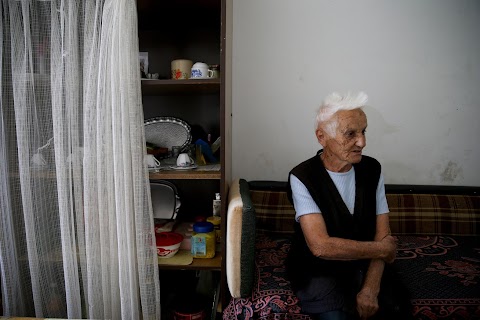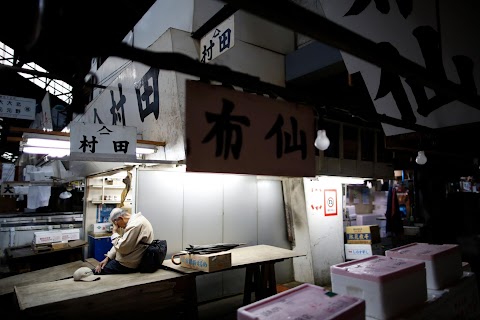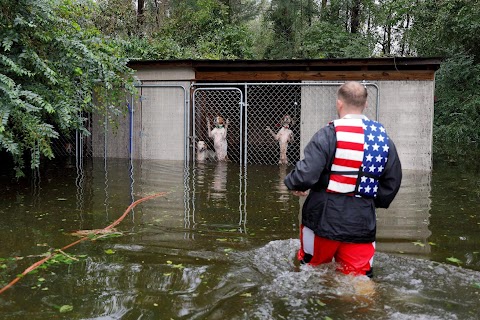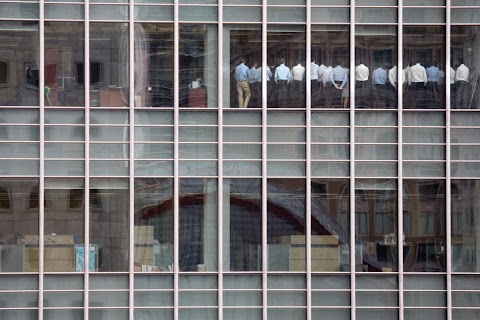
Zimbabwe's dingy trains mirror economic decline
Advertisement
Dark, dirty and slow, Zimbabwe's trains, like much else in the impoverished southern African country, have seen better days.
Once the preferred mode of transport for most Zimbabweans, the state-run rail service mirrors the decline in the country's economic fortunes during the last two decades under the leadership of former President Robert Mugabe.

Gilbert Mthinzima Ndlovu (right) chats to his colleague in a carriage during an overnight train journey from Harare to Bulawayo.

People wait for a sleeper train to depart near the town of Gweru.

A train inspector speaks to passengers on a sleeper train traveling from Harare to Bulawayo.

An abandoned train carriage in Harare.
Story
But for now passengers have to make do with a broken train service.
"Today you can't even buy food from the train and all the coaches are filthy, with no water and the lights are not working," said one passenger who declined to give his name.

Railway tracks during sunrise in Harare.




























